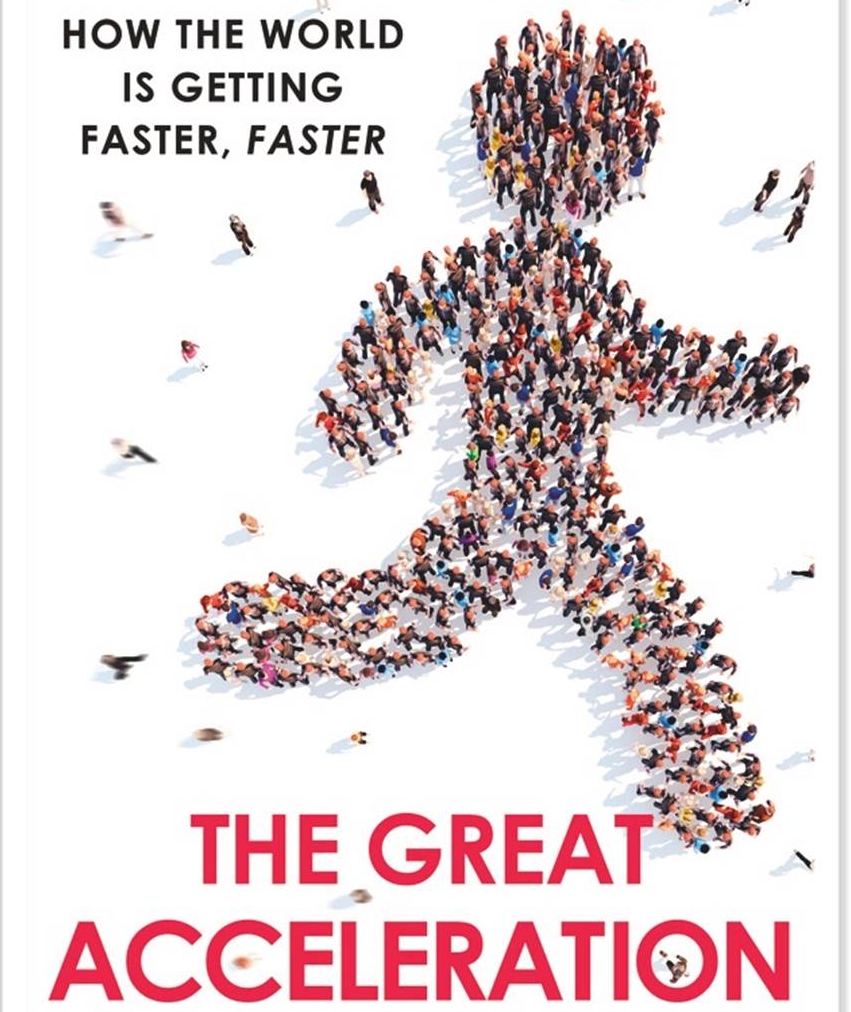Journalism is being refashioned in a thousand ways but do we understand the fundamentals of the challenge? This wide-ranging article by CUNY journalism professor @jeffjarvis sets out some basic false assumptions that the news media has still not faced properly. It touches on some obsessions of mine.
‘journalists have to work harder to dig out the real motives behind the actions they report. Stop trying to explain what people do as actions driven by motives, and start taking on major social trends and figure out how the structure of cultural variation…imposes outcomes.”
While greater public news literacy is good, it’s actually the journalists who need to become more socially/human literate. As I argue in this article, that means drawing on disciplines like anthropology to use emotions for understanding, not just sensation.
Jeff also cites David Weinberger on how AI/ML might actually help in some ways to correct the what John Birt called the news media’s bias against understanding. We need a mission to understand the human.
We’ll be looking at the economic and ethical issues around AI but for me one of the core questions is how it might reshape the fundamental purpose as well as the production of journalism. Details of the research project in this blogpost.
Journalism requires a different starting point: not getting and writing stories to fill a Gutenberg-era product called a publication, not convincing ourselves and our public that we can summarize and explain their world in the neat confines of text, not merely saying what happened today or will tomorrow. Instead, I want to imagine a journalism that begins with the problems we see and reaches across disciplines to seek solutions. (You might expect me to turn to technology but, no, I am looking to academic fields of study that have much to teach us about the society we serve.) Thus a reimagined journalism would not act as gatekeeper but as bridge.






